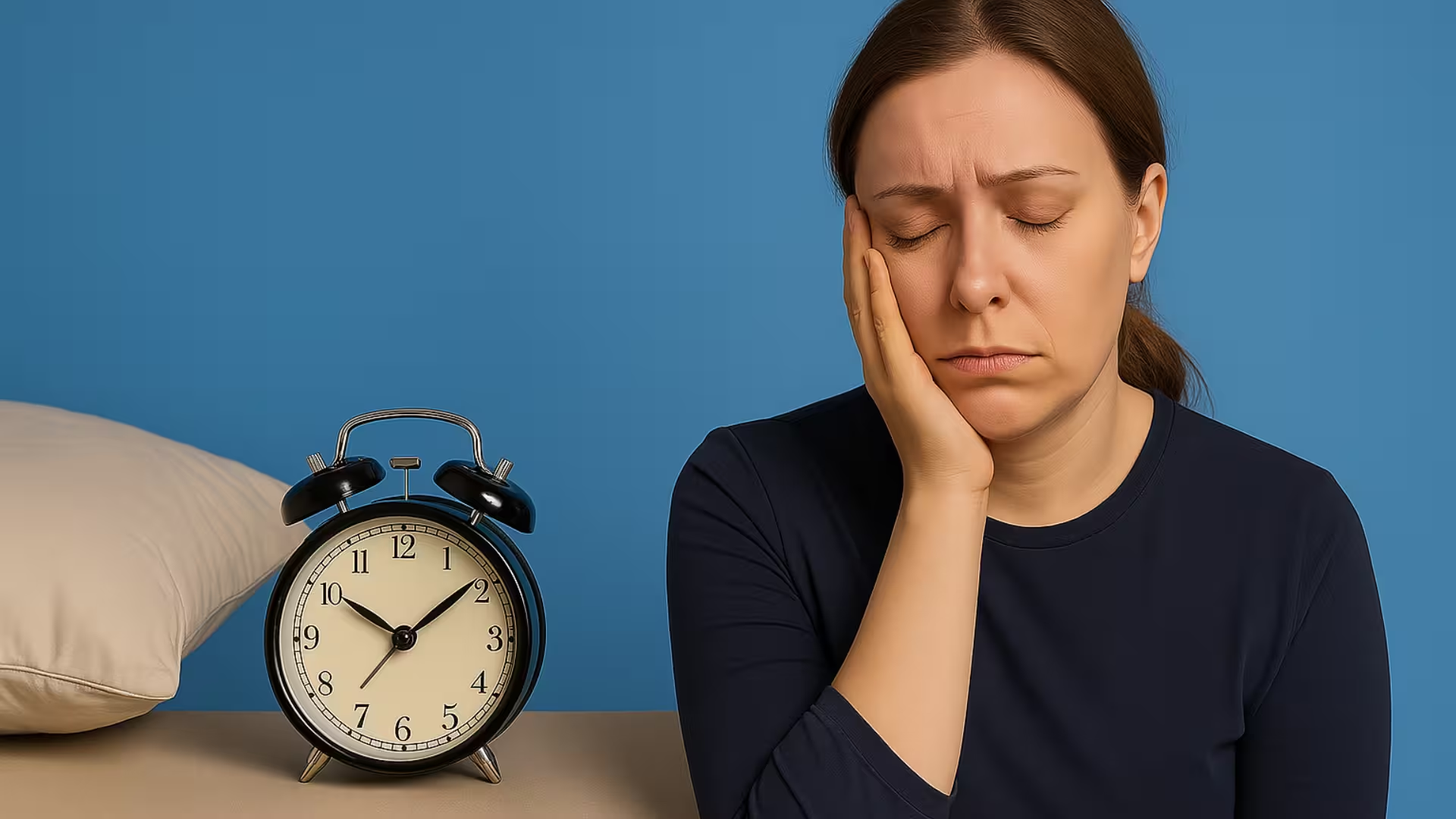We all skip sleep now and then. Maybe it’s for a work deadline, a late-night movie, or just scrolling endlessly on social media. But if it becomes a habit, your body starts paying the price. Let’s explore what really happens to your body when you don’t sleep enough—and separate the facts from the fiction.
Sleep Deprivation Slows Your Brain Down
Your brain needs rest to reset. Without enough sleep:
- Your memory becomes fuzzy.
- It’s harder to concentrate and make decisions.
- Reaction times slow down.
- You’re more prone to mistakes.
Chronic sleep loss may even increase the risk of cognitive decline and diseases like Alzheimer’s.
Myth: You Can Catch Up on Sleep Later
Fiction alert: You can’t fully “make up” lost sleep over the weekend.
Even though sleeping in on Saturday might feel good, it doesn’t reverse the damage of a sleep-deprived week. Your body needs consistent sleep every night to repair itself and stay sharp.
Your Immune System Becomes Weaker
Sleep is when your body builds its defense system. Here’s what happens when you skimp on rest:
- Reduced production of immune cells and antibodies.
- Higher chances of catching a cold or flu.
- Slower recovery from illnesses.
So yes, one of the best ways to boost your immunity is simply getting a full night’s sleep.
Myth: The More Sleep, The Healthier You Are
Sounds logical, right? But too much sleep isn’t always a good sign.
- Oversleeping regularly could point to conditions like depression or thyroid issues.
- Sleep quality is more important than quantity.
- Adults should aim for 7 to 9 hours of sleep each night.
Sleep Affects Your Weight
Lack of sleep can mess with your hunger hormones:
- Ghrelin increases – making you hungrier.
- Leptin decreases – making you feel less full.
- You crave high-calorie, sugary foods.
Over time, this hormonal imbalance can lead to weight gain, especially if poor sleep becomes a pattern.
Myth: Alcohol Helps You Sleep Better
A glass of wine might make you feel drowsy, but it disrupts your sleep cycle.
- It interferes with REM sleep, the most restorative part of your sleep.
- You’re more likely to wake up in the middle of the night.
- You feel groggier the next day, even if you “slept” for hours.
So while it may help you doze off, alcohol actually lowers your sleep quality.
Your Heart Health Declines
Sleep isn’t just for the brain—it’s crucial for your heart too.
- Poor sleep increases your risk of high blood pressure.
- It raises stress hormones like cortisol, which strain the heart.
- It can lead to inflammation and increase the risk of heart disease and stroke.
A healthy sleep routine helps your heart function smoothly.
Sleep and Mood Go Hand in Hand
Even one bad night can make you feel:
- Irritable
- Anxious
- Emotionally drained
Chronic sleep deprivation is linked to depression and anxiety. Quality sleep keeps your brain chemicals balanced and improves emotional stability.
Why Sleep Deserves a Spot on Your Priority List
Sleep isn’t optional—it’s essential. While the occasional late night won’t ruin your health, ongoing sleep deprivation will. Don’t fall for the myths. Instead, make sleep a priority. Your brain, body, heart, and mood will all benefit from those restful hours.
Remember:
- Stick to a sleep schedule
- Avoid caffeine and screens before bed
- Make your bedroom cool, dark, and quiet
Small changes can lead to big improvements. Sleep well—you deserve it!





